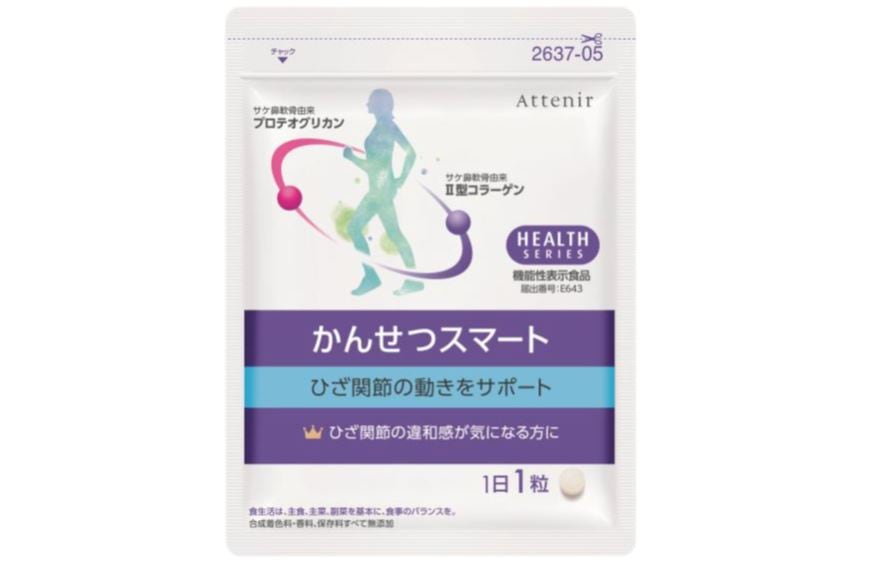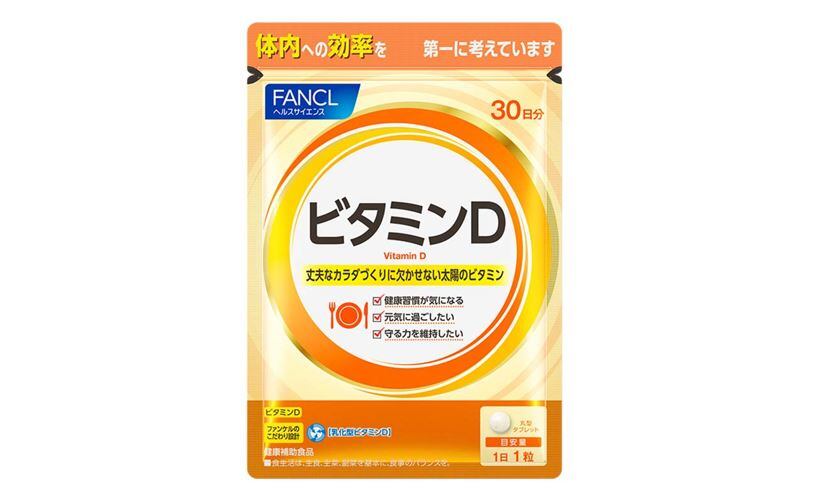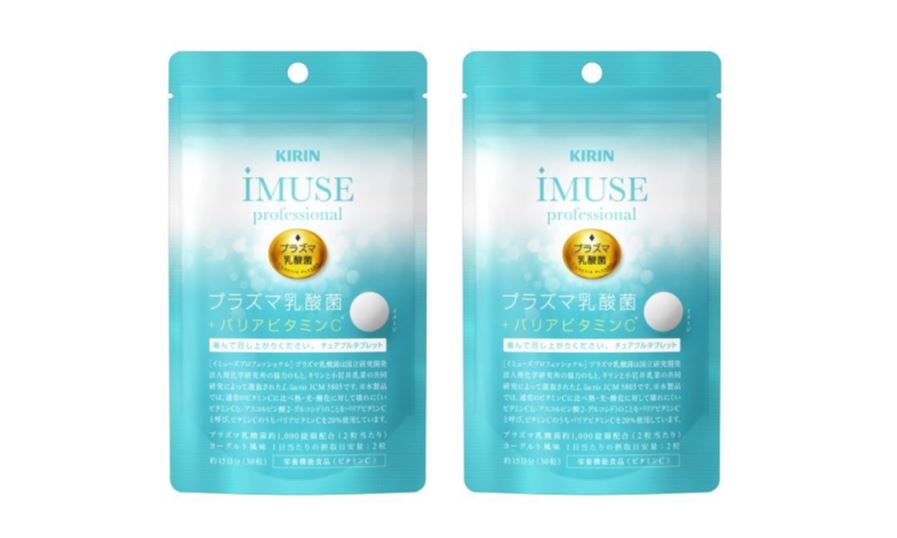Kansetsu Smart is labelled with a food with function claim (FFC) and is said to reduce discomfort and support joint movement.
Many joint health supplements contain glucosamine and chondroitin which are typically obtained from shellfish or are synthesised.
However, the firm chose salmon nasal cartilage for its functional components believing that is more compatible with the human body, and backed-up by a 2017 RCT.
The cartilage is rich in type II collagen (63.6%) and proteoglycan (14.6%).
Proteoglycan is a protein that is glycosylated and has the ability to absorb impact. For type II collagen, its function is maintaining the structure of cartilage and it is often found in products for osteoarthritis, joint and muscle pain.
Clinical findings
In one trial published in the Japan Pharmacology and Treatment journal, the randomised, double-blind study recruited 53 participants (average age: 51.7) with knee osteoarthritis but otherwise healthy.
Participants were divided into the placebo or treatment group who ingested 40mg of proteoglycan derived from salmon nasal cartilage. The study lasted 12 weeks.
The Japanese Orthopaedic Association (JOA) score was used to evaluate knee joint function.
JOA score is a standard commonly used to assess functional status in patients with cervical myelopathy. In this study, pain during walking, stair climbing, and swelling were assessed on a 100-point scale. The higher the score, the better the knee function.
In the treatment group, the JOA score was significantly improved after 12 weeks, compared to the placebo group. JOA scores increased from about 95.5 at baseline to 98 at week 12 in the treatment group.
There was no change in JOA scores in the placebo group between week 0 and 12.
The study also assessed safe intake and found no adverse side effects of consuming proteoglycan.
Researchers said this finding confirmed that proteoglycan derived from salmon nasal cartilage could relieve knee pain and support joint movement in people with knee osteoarthritis and could expand the functions to the healthy population in general.
Kansetsu Smart contains 16mg each of proteoglycan and type II collagen and is targeted for people who experience knee discomfort in their daily lives, such as stairs climbing, walking or squatting. The recommended daily intake is one tablet.
Knee discomfort can be caused by several factors, one of which is knee osteoarthritis, which degenerates cartilage and surrounding joint structures, leading to pain and a decline in physical activity.
A study by Keiko Sugai et al., reported that knee osteoarthritis both symptomatic or asymptomatic affects about 54.6% of people in Japan above 40 years, with the prevalence increasing in age. While it can cause physical pain, the study also reported that it can be detrimental to mental health and even lead to depressive symptoms.
In Japan, the joint supplement market is expected to reach a market size of US$486.7m by 2025, as reported by ReportLinker.
According to Toshihiro Tomita, from the public relations department at FANCL, joint health supplements are widely used in Japan: “Consumer awareness is high among middle-aged and older age group, we hope our Kansetsu Smart product can assume a certain amount of market size.”
It retails for JPY2,695 (US$25) for 30 tablets and is available at FANCL and Attenir stores this month.
FANCL currently holds the largest market share (17.8%) of FFC supplements in Japan.
Source: Japan Pharmacology and Treatment
www.pieronline.jp/content/article/0386-3603/45020/255
“サケ鼻軟骨由来プロテオグリカン複合体80 の膝関節に対する有効性および安全性の検討―プラセボ対照ランダム化二重盲検並行群間比較試験”
Authors: Takashi Mano, et al.




